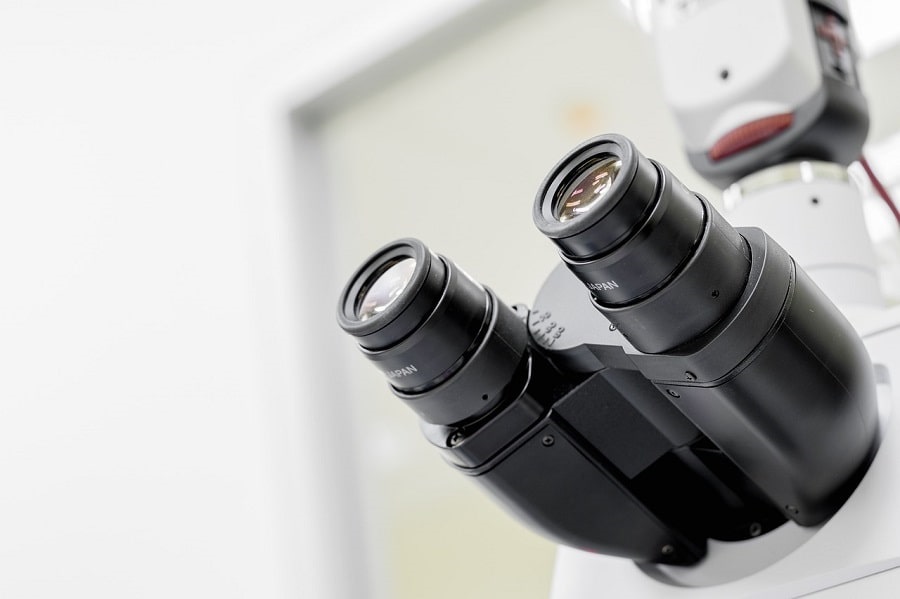The Association Pirineus Watt (PW), Catalonia, Spain, is developing a network of cultural routes, to promote the hydroelectric heritage and landscape of the Pyrenees. The first of them is the Pearson Route, named in honour of Frederick Stark Pearson, the engineer who in the early twentieth century contributed greatly to the production of electricity on a large-scale in Catalonia by building power stations on the Noguera Pallaresa and Segre rivers, reports RàdioSeu.
The route will follow the hydroelectric facilities of these rivers axis and will be complemented by the route of the facilities built by Emili Riu on Flamisell river. The initiative aims to promote the hydroelectric landscape of the area. The announcement coincides with the official recognition of the Capdella Hydroelectric Museum as a museum facility and the declaration of the Hospital de Cartró in Torre de Capdella as a Cultural Asset of Local Interest (BCIL). In the Vall Fosca Museum, you can follow the history of the hydroelectric power station from its idea to its launch in 1914, as well as, the economic, social and infrastructure changes that entailed. The museum forms part of the System of Museum of Science and Technology in Terrassa, a network of 27 museums and heritage centres that explain industrialization in Catalonia.
For its part, Cartró Hospital is a unique European heritage element. It was built 107 years ago with ephemeral character, which is why the materials used included cardboard and wood. Its function was to serve as a hospital for the 4,000 workers responsible for constructing the hydropower plant. The BCIL declaration is the first step in its restoration, as it will allow access to subsidies.
See also Pyrenees travel guide
See also Spain travel guide











